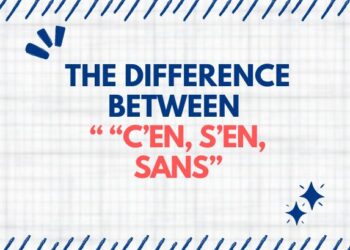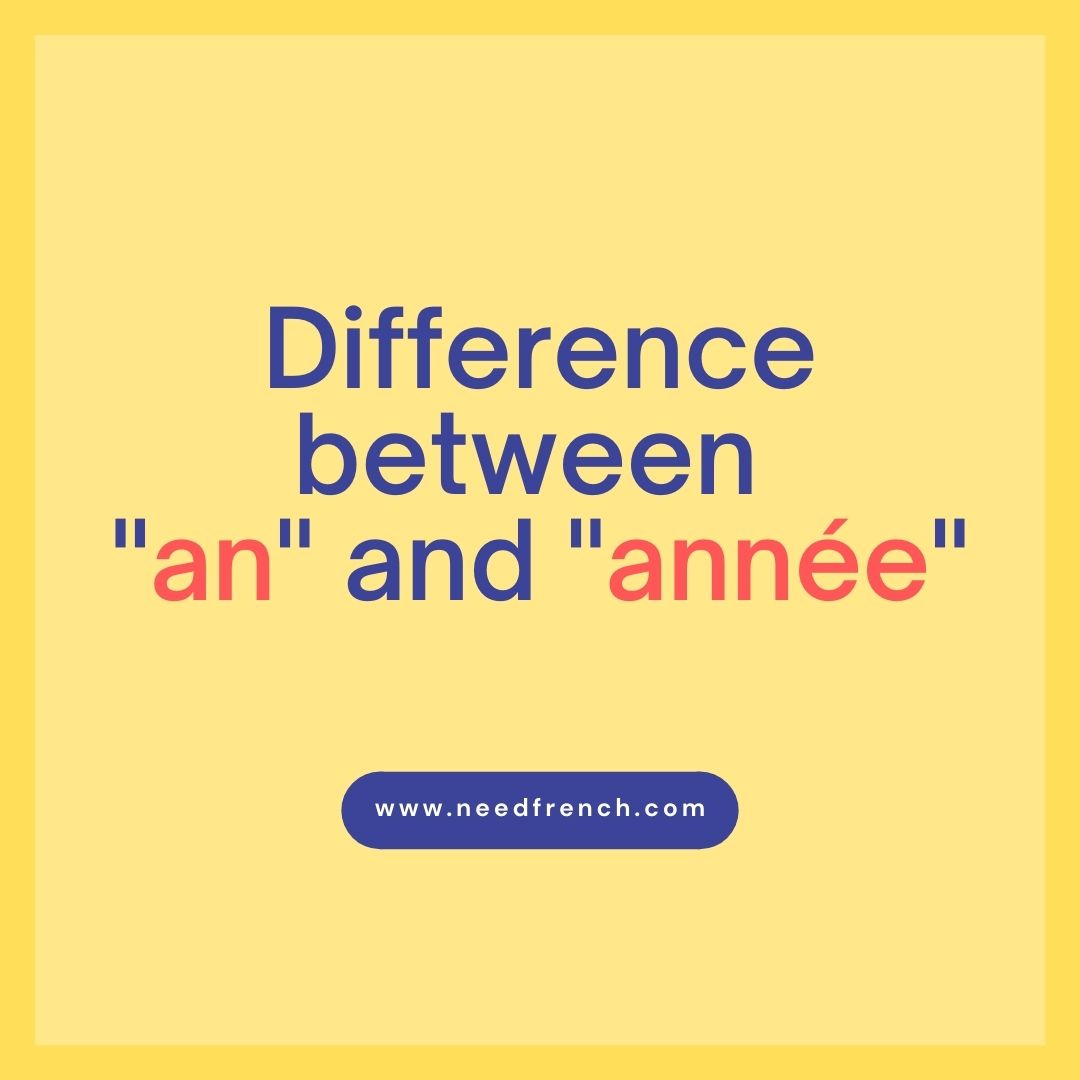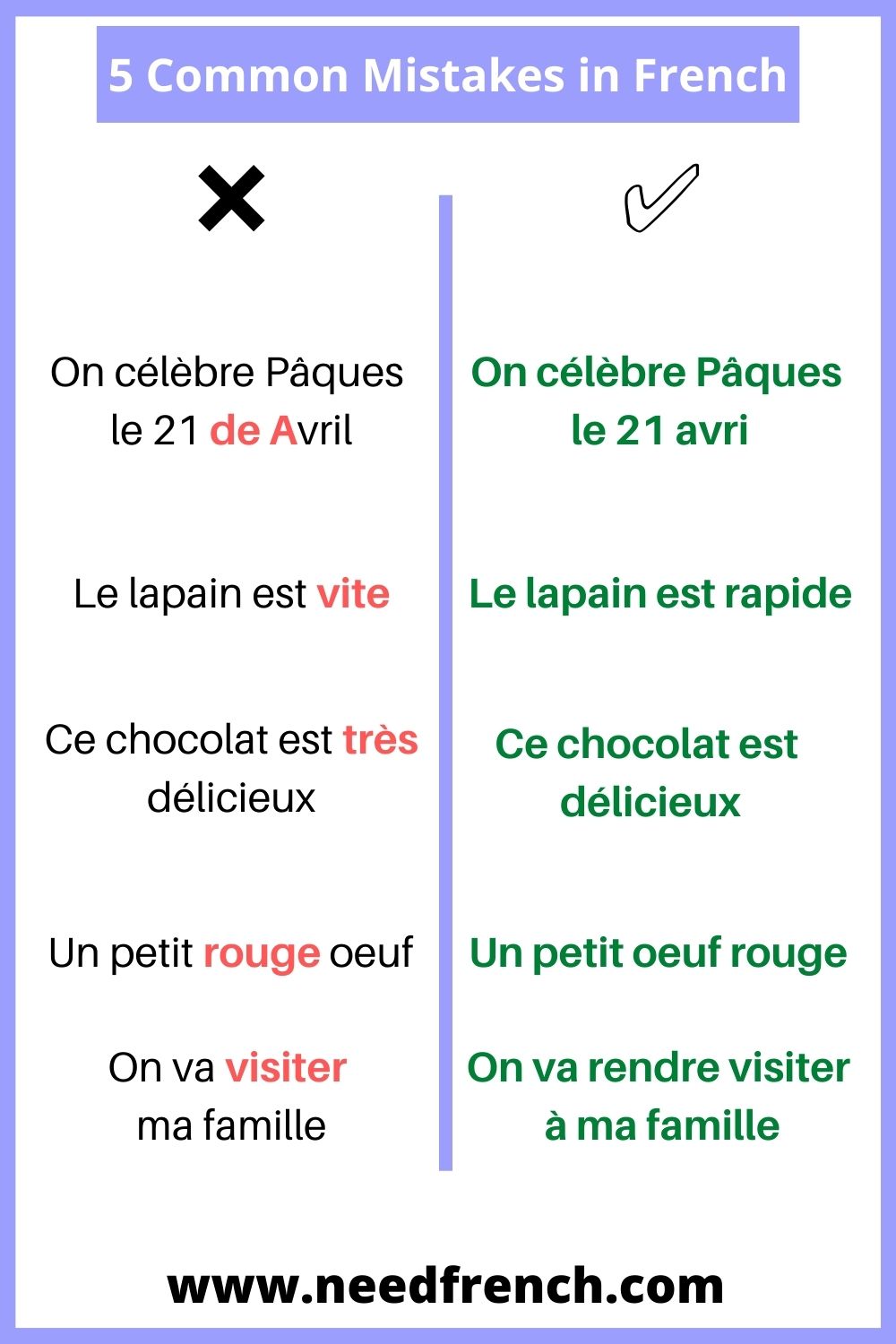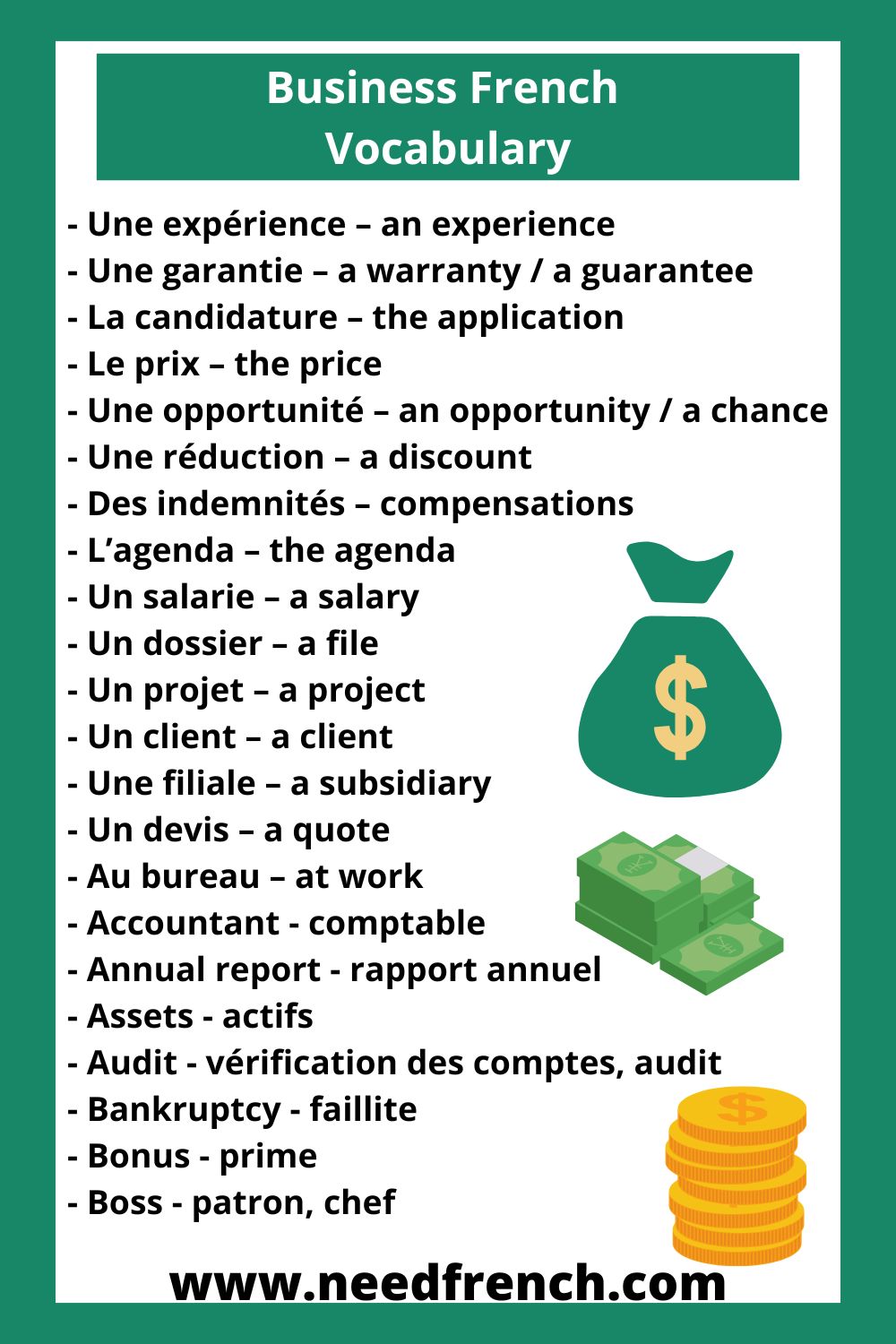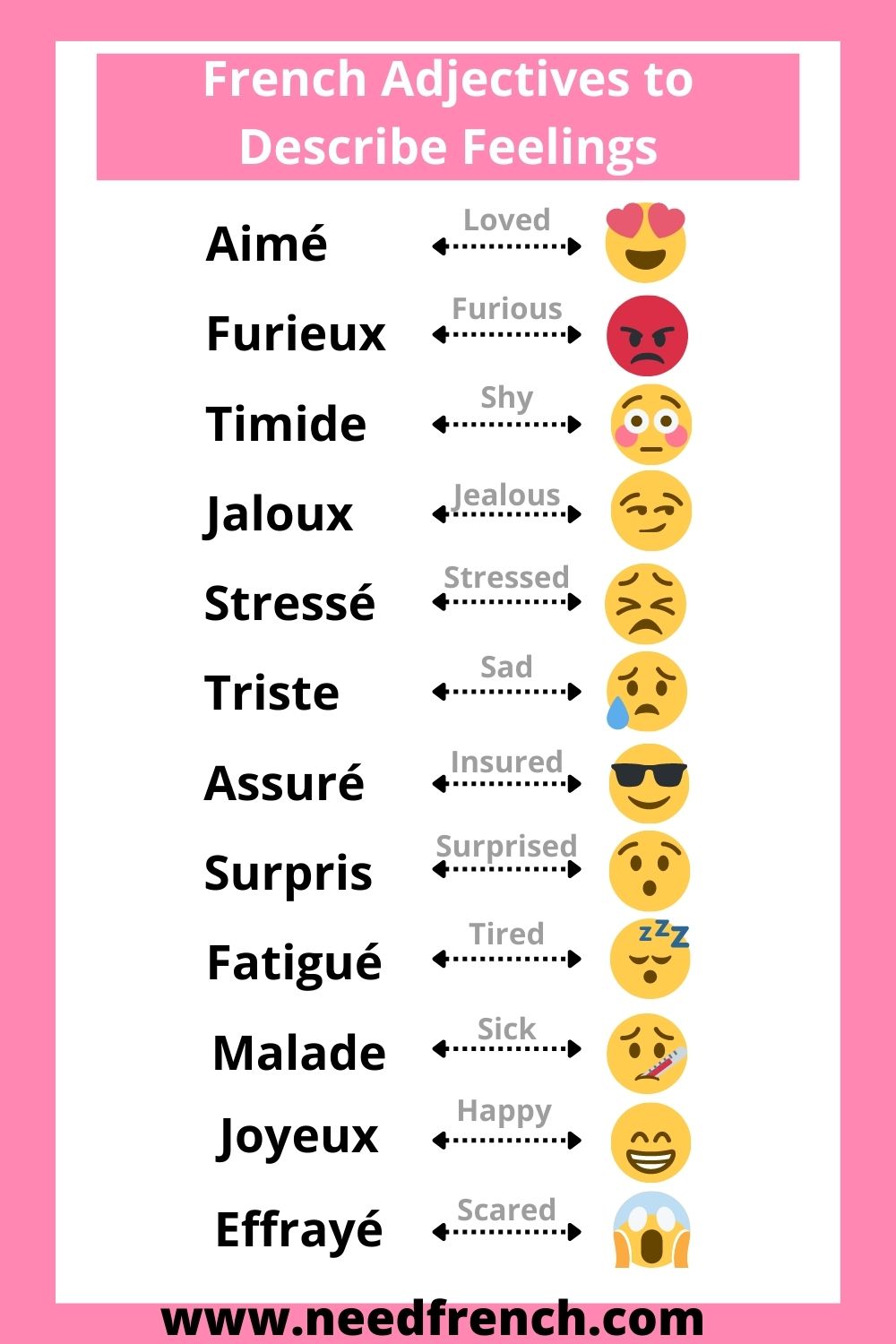Most French adjectives follow a regular pattern when forming the feminine form. For example, most adjectives simply add an “-e” to the masculine word ending, such as “petit” (small) becoming “petite” in the feminine form.
However, some common French adjectives have completely irregular feminine forms that must be memorized. This can make mastering French grammar and vocabulary more challenging.
The list below documents some of the most common irregular French adjectives along with both their masculine and feminine forms for handy reference. By studying and memorizing these unavoidable exceptions to the general adjective rule, French learners can deepen their knowledge and avoid embarrassing mistakes.
Table of Contents
ToggleList of Common French Irregular Adjectives
SINGULIER
| English | Masculin Singulier | Féminin Singulier |
|---|---|---|
| Ancient | Ancien | Ancienne |
| Low | Bas | Basse |
| Handsome | Beau | Belle |
| White | Blanc | Blanche |
| Lame | Boiteux | Boiteuse |
| Knock-Kneed | Cagneux | Cagneuse |
| Captive | Captif | Captive |
| Lucky | Chanceux | Chanceuse |
| Courageous | Courageux | Courageuse |
| Sweet | Doux | Douce |
| False | Faux | Fausse |
| Formal | Formel | Formelle |
| Crazy | Fou | Folle |
| Fresh | Frais | Fraîche |
| Generous | Généreux | Généreuse |
| Happy | Heureux | Heureuse |
| Intellectual | Intellectuel | Intellectuelle |
| Jealous | Jaloux | Jalouse |
| Tired | Las | Lasse |
| Long | Long | Longue |
| Unlucky | Malchanceux | Malchanceuse |
| New | Nouveau | Nouvelle |
| Idle | Oisif | Oisive |
| Rough | Rugueux | Rugueuse |
| Dry | Sec | Sèche |
| Late | Tardif | Tardive |
| Old | Vieux | Vieille |
| Keen | Vif | Vive |
PLURIEL
| Anglais | Pluriel Masculin | Pluriel Féminin |
|---|---|---|
| Ancient | Anciens | Anciennes |
| Low | Bas | Basses |
| Handsome | Beaux | Belles |
| White | Blancs | Blanches |
| Lame | Boiteux | Boiteuses |
| Knock-Kneed | Cagneux | Cagneuses |
| Captive | Captifs | Captives |
| Lucky | Chanceux | Chanceuses |
| Courageous | Courageux | Courageuses |
| Sweet | Doux | Douces |
| False | Faux | Fausses |
| Formal | Formels | Formelles |
| Crazy | Fous | Folles |
| Fresh | Frais | Fraîches |
| Generous | Généreux | Généreuses |
| Happy | Heureux | Heureuses |
| Intellectual | Intellectuels | Intellectuelles |
| Jealous | Jaloux | Jalouses |
| Tired | Las | Lasses |
| Long | Longs | Longues |
| Unlucky | Malchanceux | Malchanceuses |
| New | Nouveaux | Nouvelles |
| Idle | Oisifs | Oisives |
| Rough | Rugueux | Rugueuses |
| Dry | Secs | Sèches |
| Late | Tardifs | Tardives |
| Old | Vieux | Vieilles |
| Keen | Vifs | Vives |
The Tricky Trio: Beau, Nouveau, and Vieux in French
In most cases, adjectives in French come after the noun. For example, you would say “une maison grande” (a big house) rather than “une grande maison.” However, there are three very common and useful adjectives that break this rule: beau/belle (beautiful), nouveau/nouvelle (new), and vieux/vieille (old).
These adjectives have irregular placement, spelling, pronunciation and liaison rules in French that catch many beginner and intermediate learners off-guard. By mastering this “tricky trio,” you can add descriptive flair and complexity to your French speech and writing.
Plural and Singular Forms
All three adjectives take different singular masculine/feminine forms and plural forms:
Singular - Beau
Masculine (vowel)
bel
Masculine (consonant)
beau
Feminine
belle
Singular - Nouveau
Masculine (vowel)
nouvel
Masculine (consonant)
nouveau
Feminine
nouvelle
Singular - Vieux
Masculine (vowel)
vieil
Masculine (consonant)
vieux
Feminine
vieille
Plural
Pluriel Masculine
Beaux
Nouveaux
Vieux
Pluriel Féminin
Belles
Nouvelles
Vieilles
Pay close attention when matching adjective forms to the associated nouns. Remember the distinction between vowel and consonant sounds for singular masculine agreement.
Position Exceptions
Unlike most French adjectives, beau, nouveau and vieux are placed BEFORE the noun they describe, for example:
- une belle maison (a beautiful house)
- un nouvel appartement (a new apartment)
- une vieille voiture (an old car)
Liaison Refresher
Finally, remember that liaison applies between beau, nouveau or vieux with the following nouns if they start with a vowel or silent “h”. The final “x” acts as a liaison consonant, binding the words smoothly together when pronounced.
For example:
- de beaux enfants (beautiful children)
- mes nouveaux amis (my new friends)
By reviewing these various irregularities, the next time you speak or write French, placing beau, nouveau or vieux correctly will feel natural and easy. And you’ll sound more like a native along the way.
Practice Makes Perfect!
Time to test your knowledge!
Complétez les phrases suivantes avec la forme correcte de l’adjectif irrégulier entre parenthèses. Attention aux accords !
1. J’ai rencontré un homme (old) et (wise) qui m’a raconté sa vie fascinante.
2. Elle porte une robe (beautiful) et (new) qui attire tous les regards.
3. Ne croyez pas à ses histoires, elles sont (false) et (dangerous).
4. Le chemin vers la plage est (long) et (sandy), mais la vue en vaut la peine.
5. Cette chanson a une mélodie (sweet) et (melancholic) qui me touche profondément.
6. Il a un regard (strong) et (crazy) qui me met un peu mal à l’aise.
7. La nourriture était (disgusting) et (horrible), nous avons tous regretté d’aller là-bas.
8. Le vent souffle (strong) et (fresh), on se sent bien revigorés.
9. Malgré son âge (old), elle continue d’être (beautiful) et (dynamic).
10. Ne jugez pas un livre par sa couverture, même si elle est (beautiful), l’histoire peut être (boring).
11. J’ai lu un article (interesting) et (new) sur les bienfaits du yoga.
12. Elle a une voix (sweet) et (calm) qui apaise les esprits les plus agités.
13. Ce film est une (wrong) bonne idée, il est (bad) et (ridiculous).
14. La situation est (serious) et (complex), il faut agir vite et intelligemment.
